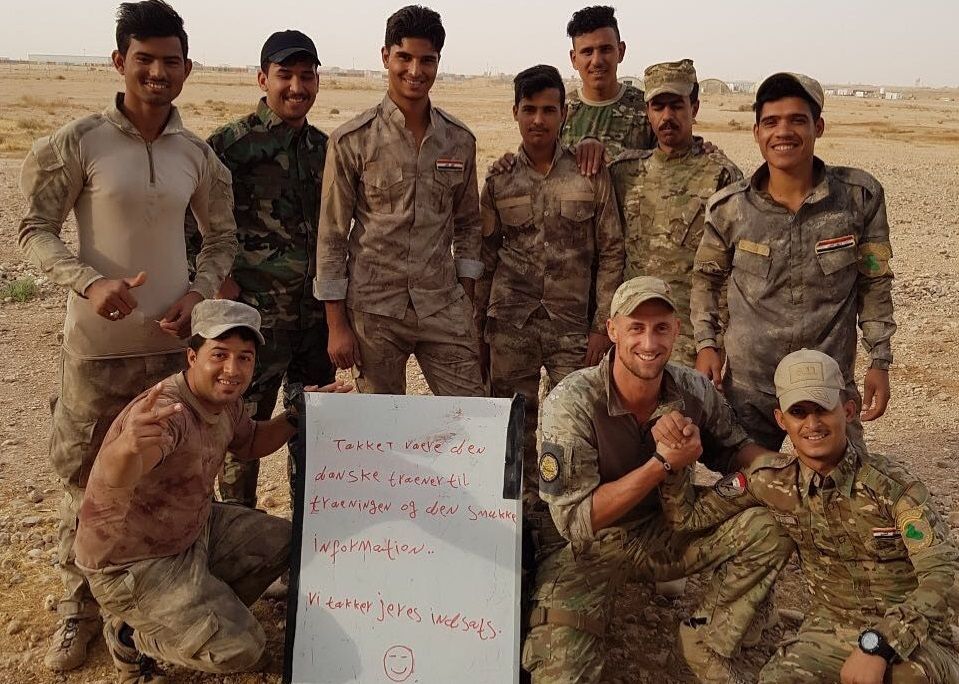The Foreign Ministry has revealed that Denmark will set aside 308 million kroner in aid to help support the police and defence forces in Afghanistan.
The aid, which signals an extension of an ongoing deal through 2020, is earmarked for operations and the development of the Afghan security forces – an element that complements the current training and support mission involving Danish soldiers.
“It’s in Denmark’s interest for us to continue working towards a peaceful Afghanistan, so we’ve now set aside extra funds for training and other costs associated with the police and military looking ahead to 2020,” said the foreign minister, Anders Samuelsen.
“A more tranquil Afghanistan with more stability is a prerequisite to meeting the challenge of migration and the threat of terror against the West, Europe and Denmark.”
READ MORE: Denmark still among top aid countries
NATO and Pakistan
The vast majority of the funds, some 80 million kroner per year, will be allocated to financing the Afghan police and developing the responsible authorities – an area that Samuelsen contends has improved significantly recently thanks to, among other things, Danish aid efforts.
Aside from supporting the Afghan police and officer academy, other projects in the country that are encompassed within the scope of NATO are also being funded.
Additionally, funds are also going towards a project aimed at bettering the understanding between the Afghan and Pakistani defence forces.














